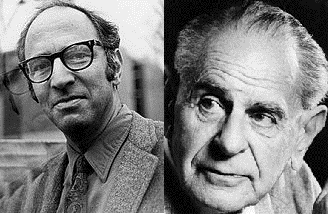I wrote a post once encouraging people to think carefully before they use deception as a way of dealing with the potential problems that arise from having reinterpreted one’s faith in the LDS Church. I gave several examples of the types of deceptions that I’ve seen. I, myself, have been personally hurt by such deceptions. For example:
- Technically, they believe the Book of Mormon is “inspired” because “inspired” means something more nuanced than what most believers mean [e.g. “inspired just means it teaches good things.”]
- Technically they believe Joseph Smith is a prophet, because a prophet is something more broad than most believers understand [e.g. “prophet” is what we call the leader of our Church. Or maybe a “prophet” is someone that teaches at least some good moral principles..]
- Technically they believe the church is “true” in the sense that… [e.g. The church is “true” because all religions that teach good ethics are “true” because religion is really just about teaching ethics. There isn’t really a God.] Continue reading


